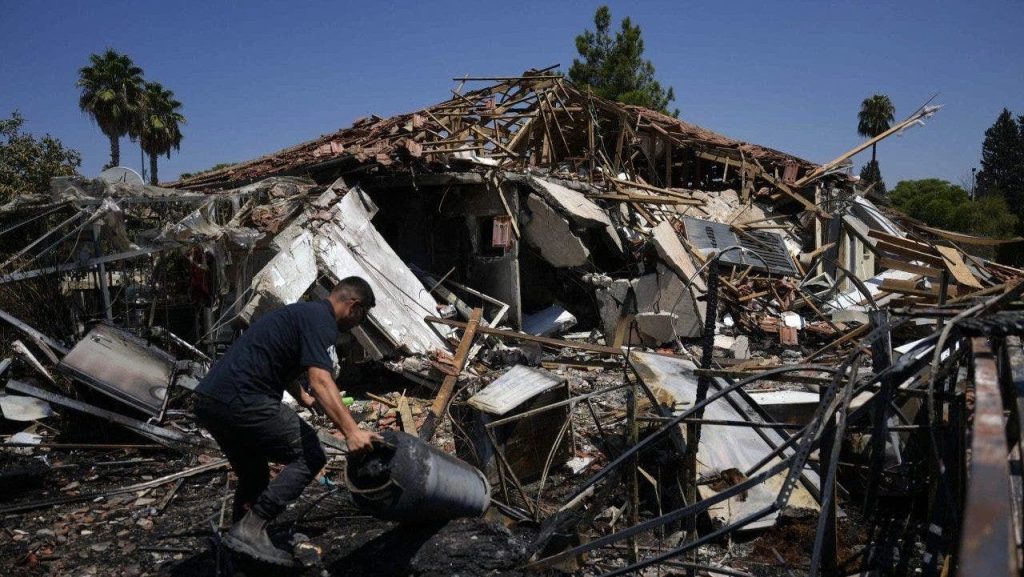This week, the terrorist organization Hezbollah launched a series of rocket attacks on Israeli territory, specifically targeting the Golan Heights. Over 50 rockets struck the area, injuring one person and destroying two houses. The Israel Defense Forces condemned Hezbollah’s actions, stating that the group was indiscriminately firing projectiles towards Israel. Israel claimed that the attack was in response to their successful strike on a weapons storage facility in Lebanon, which Hezbollah viewed as an attack on civilians. The ongoing conflict between Israel and Hezbollah has resulted in consistent missile strikes since October of last year.
Israel has controlled the Golan Heights since capturing it at the end of the Six Days War, citing national security reasons for maintaining control of the territory. The United States officially recognized the Golan Heights as Israeli territory in 2019. Despite ongoing efforts to negotiate a cease-fire between Hamas and Israel, the conflict continues to escalate. United States Secretary of State Antony Blinken reported that a proposal put forward by the White House, with the assistance of Qatar and Egypt, was accepted by Israeli Prime Minister Benjamin Netanyahu. However, it is now up to Hamas to also accept the proposal in order to move towards a resolution.
The ongoing conflict between Hamas and Israel, coupled with Hezbollah’s attacks, has raised concerns about the stability and security of the region. The exchange of missile strikes and attacks on civilian areas have resulted in casualties and destruction on both sides. The inability of the warring parties to finalize a cease-fire deal highlights the complexity of the situation and the challenges of negotiating peace in the region. The involvement of international mediators, such as the United States, Egypt, and Qatar, demonstrates the importance of diplomatic efforts in resolving the conflict.
Hezbollah’s rocket attacks on Israeli territory have sparked renewed tensions in the region, further complicating efforts to negotiate a cease-fire between Hamas and Israel. The ongoing conflict has resulted in casualties, destruction, and widespread fear among civilians in the affected areas. The involvement of international actors in trying to broker peace agreements underscores the significance of global efforts to stabilize the situation and prevent further escalation of violence. The acceptance of a proposal by Israeli Prime Minister Netanyahu offers a glimmer of hope for a potential resolution, but the ball is now in Hamas’ court to also agree to the terms outlined in the proposal.
The situation in the Golan Heights and broader Middle East region remains volatile and fraught with challenges as terrorist organizations like Hezbollah continue to pose a threat to security and stability. The impact of the conflict on civilian populations, infrastructure, and diplomatic relations underscores the urgent need for a peaceful resolution to the ongoing hostilities. The involvement of international mediators and diplomatic efforts reflects a commitment to finding a lasting solution that addresses the underlying issues fueling the conflict. As the situation continues to evolve, it is essential for all parties involved to prioritize dialogue, cooperation, and compromise in order to achieve a sustainable peace agreement that benefits all stakeholders in the region.













